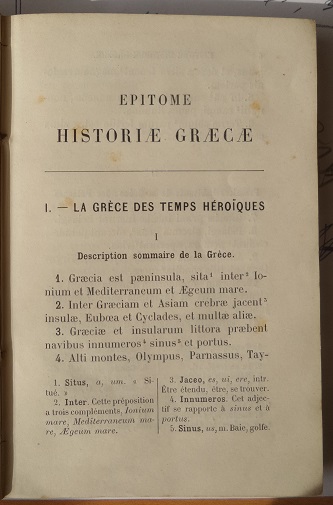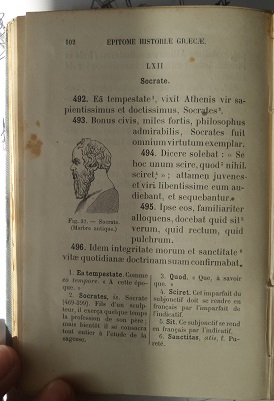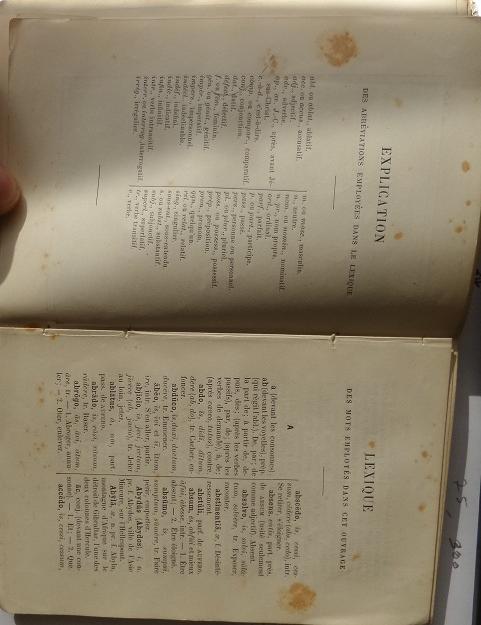I'm a bit reluctant to add this, because it isn't exactly an online course...
LatinStudy is an online learning community that's run as an 'old school' listserv (i.e., everything is done over email). At any time, there are several beginners' groups working through Wheelock's Latin and other textbooks, such as the Lingua Latina series. In addition, there are dozens of reading groups dedicated to a wide range of authors/works from many periods: currently, Catullus, Caesar, Tibullus, Livy, Pliny the Younger, Martial, Suetonius, Apuleius, Augustine, Beeson's A primer of Medieval Latin, and Bede, among others. I myself am currently leading a group that's working through Sallust's Bellum Catilinae and Bellum Iugurthinum, and I plan shortly to propose a new group to read either Seneca the Younger's tragedies or Statius's epics.
The downsides
This isn't for everyone.
In the first place, the pace is generally quite slow. Most groups have one assignment per week, and the assignments aren't usually very long. (For my Sallust group, I've set the relatively breakneck pace of about 180 words per week; and the group that's reading the Aeneid goes through about a book a year.) So if you want to see a group through to the end (especially a reading group), it's a fairly long-term commitment. (On the other hand, many of the beginners' groups that use Wheelock's Latin do a chapter a week, which is the same pace I've used when I've taught university students and adult learners from that textbook.)
Second, and most importantly, I think, there isn't a 'teacher' who corrects and gives feedback about assignments. The way this works is: group members submit their answers for an assignment to the group's leader, who collates all the responses (including, usually, his or her own) and then sends them back to the group via the listserv. The group leaders are just other list members and basically function as mere coordinators. In most cases, they aren't experts in the author/work that they're leading a group for; nor are they necessarily any more advanced than the other group members in terms of Latin ability – they're just the ones who came up with the idea for the group and/or volunteered to coordinate it. In addition, no sort of answer key is provided. Much of the learning is meant to take place by comparing one's own responses to those of the other group members to try to divine the correct answer/translation and determine why one's responses are more or less correct or appropriate than the rest. Questions can also be submitted to the list for discussion. Therefore, to make this work, one has to be highly self-motivated.
Benefits
Although I admit that I wouldn't have wanted to learn the basics of Latin this way, I've participated in several of the more advanced groups over the years and have found them all extremely rewarding: 'Bradley's Arnold' Latin Prose Composition, Pliny the Younger's letters, Tacitus's Germania and Agricola, Horace's Odes, Catullus, Vergil's Aeneid, Sallust. Especially now that I'm not in academia, these groups help me maintain and even expand my Latin skills, and encourage me to expose myself to new authors and/or works (or revisit old favorites), at a pace that fits my schedule. I think of the groups that I participate in as my little weekly doses of Latin.
Another plus is that new groups form all the time, and anyone can start a group. So if you see a gap, you can fill it yourself. The list's membership is large and diverse enough that most proposed groups end up finding enough participants to make proceeding worth while.





